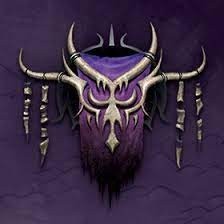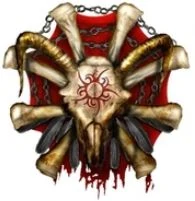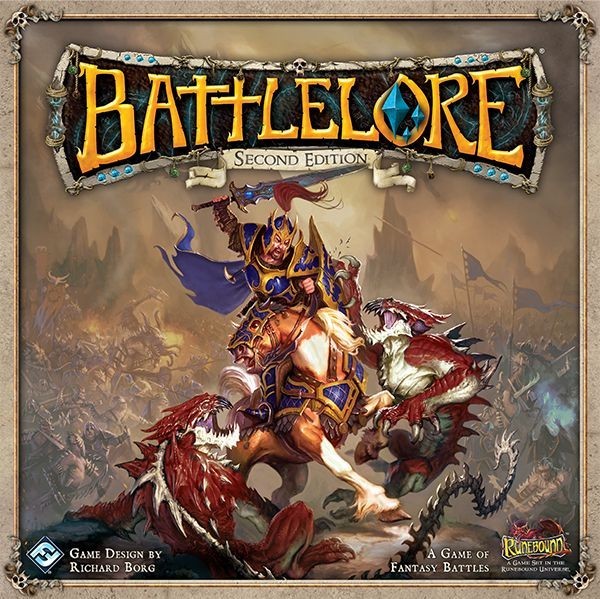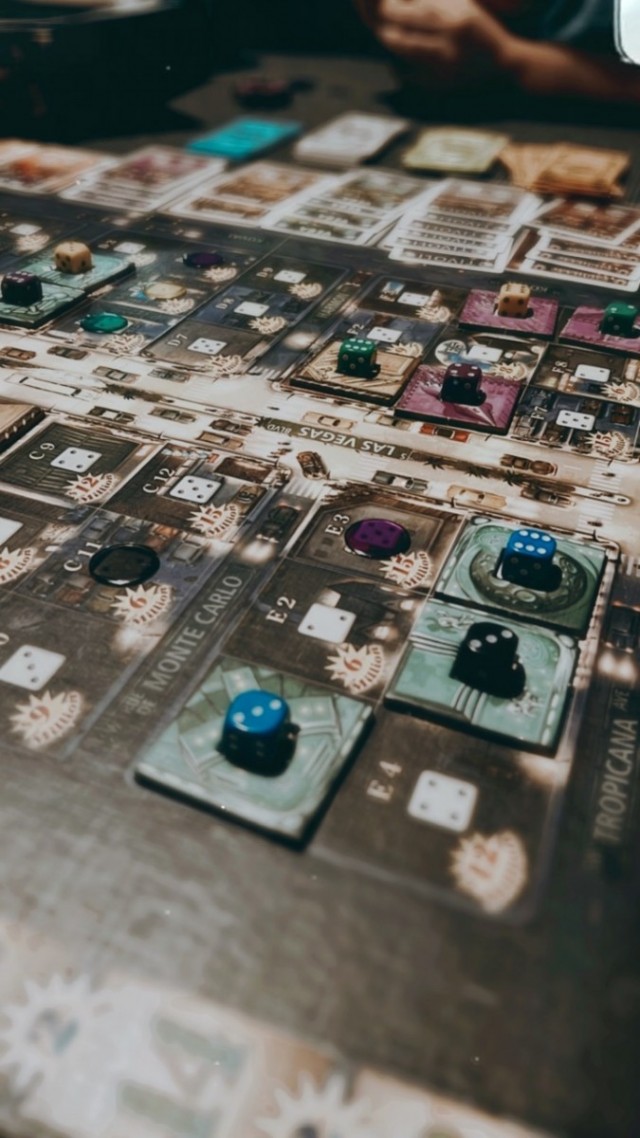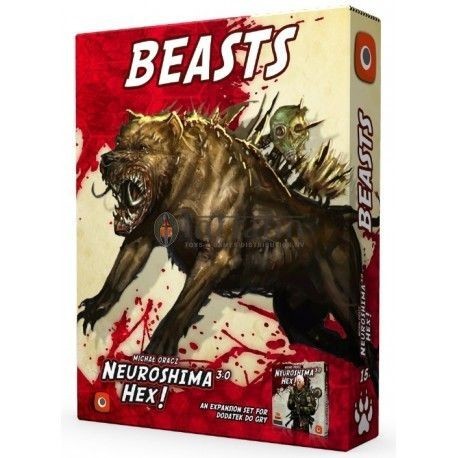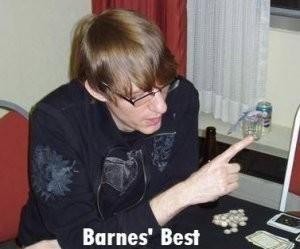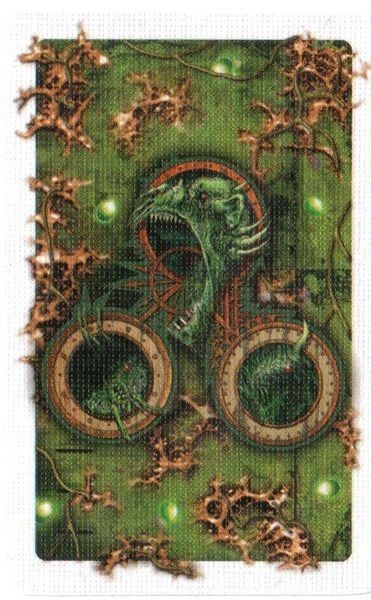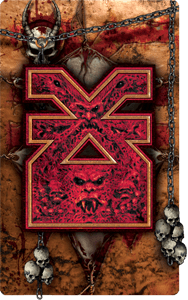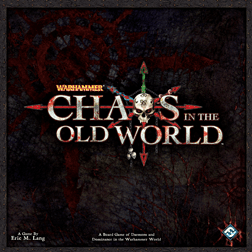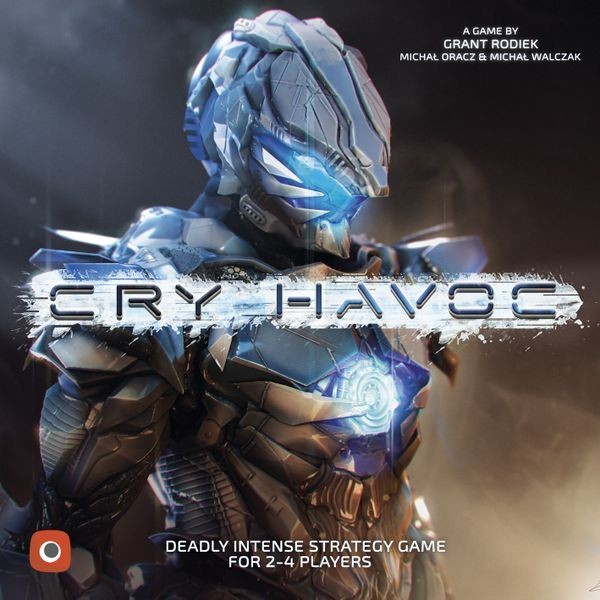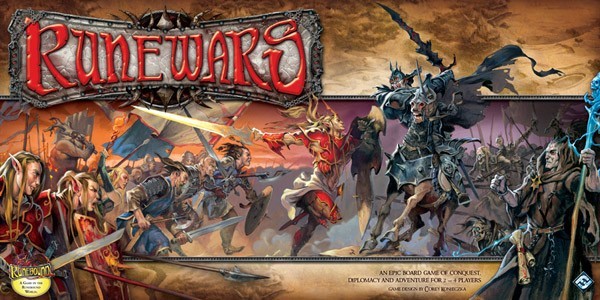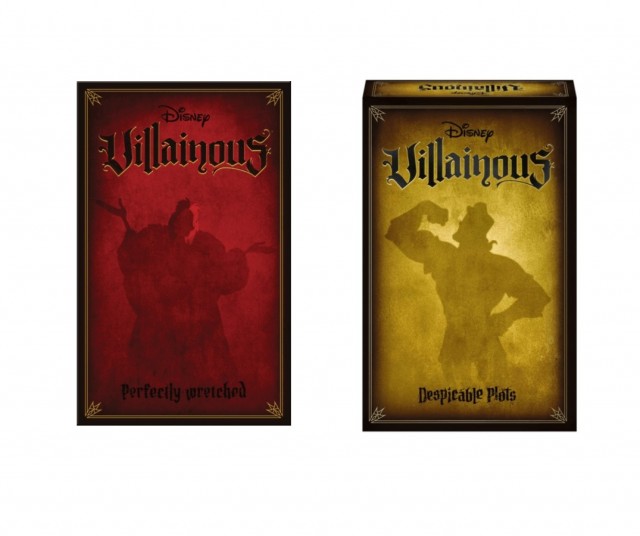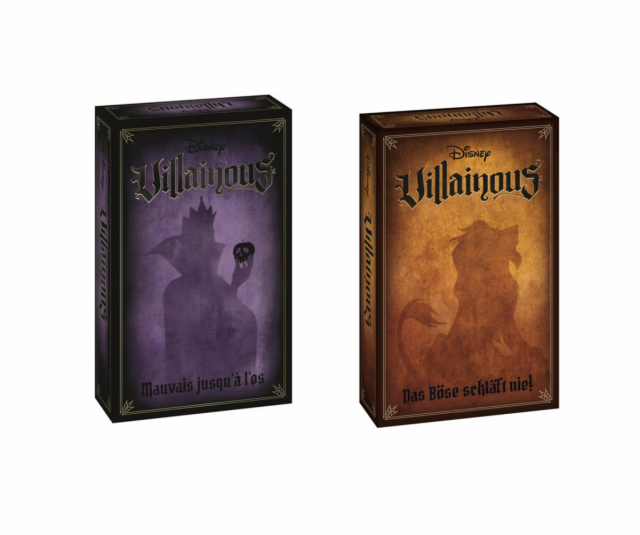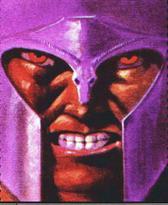Theseus: The Dark Orbit can be a surprisingly simple game. Theseus: The Dark Orbit can be a stunningly complex game. Those two statements are not contradictory. They are, instead, complementary and an insight into how the overall design of the game works because both statements carry an impression of depth and depth is usually the hallmark of games with lasting impact on the hobby and the market.
The average turn in Theseus is simple on its face: Move one of your pawns equal to the number of figures in the sector in which it starts. Activate cards where you land. Activate the sector board where you land. Either install a card or add one from your deck to a pending slot. That's it. There are a few additional things to consider based on how many pawns end up on any one board and based on which faction you're playing, but otherwise most of the complexity comes from the cards that end up in play. Those cards have a variety of functions, but serve mostly to either harm/delay your opponents or help/enhance you. Once more than a couple cards are in play for each faction, the board begins to resemble a minefield of decisions and effects that have both immediate and long-term impact. Since the object of the game is to end it with the most (life/data) points, every time you fall victim to one of your opponents' attacks or traps, it impacts your decisions from that point forward. Since there are very few ways to recover life, each point becomes a fairly precious resource that requires some planning to preserve. What makes that extended planning more difficult is the often immediate chaos created by not just cards that are installed, but by every turn of movement made by your opponents.
You can easily move one of your pawns into position to make just the right movement on your next turn, sliding into your home sector to activate an upgrade and install a good card, ready to land on the Corridors next turn and activate a huge attack. But if any of your opponents moves into your home sector alongside you, you suddenly have to move one sector farther, which may lead to your "big turn" becoming nothing. With that in mind, you have to be prepared not only for where your opponents will move, but also how all three of your pawns can move at any given moment. It's that kind of "best laid plans spoiled" and the snowball of chaos by multiple installed cards that leads many to believe that Theseus is best as a 2-player game, since some of the unpredictability is removed when only having to account for one enemy.
However, I think the game works best as a three-player (and am not overly troubled by its intended limit of four) precisely because of the greater complexity introduced by having to keep track of multiple opponents. Some examination of the factions might reveal why that's the case.

Marines: One of the three factions concerned solely with damage, the Marines are almost entirely combat-oriented. Cards like Ambush, Battle Position, Double Shot, and the two different kinds of Onslaught cards (activated and single-use) emphasize the Marine strategy of doing as much damage as soon (and as often) as possible, wholly dependent on the other factions to eventually fall into the sights of their weapons or be present when an Onslaught is triggered, since Marines can shoot whether upgraded or not. Only one card in the deck, Team Tactics, provides an option to directly influence the movement of the enemies, although the various traps like Landmine and Fire will also do so indirectly. Fire stands out as the most devastating of constant traps, since it affects anything that moves through it, not just those that land in the installed sector, which is key to the usual Marine strategy of constantly wearing down their opponents, bit by bit, and engaging as often as possible.

Aliens: In contrast, the Giger-esque Aliens are more about snowballing into a potential knockout blow. With 20% of their total deck being the Hidden card, the Aliens can routinely execute Onslaughts that do more damage than any other faction in the game. However, since they don't begin the game able to inflict any direct damage from their units, they have to build into a scenario that enables them to operate in that fashion. With Abduction, Hole, and Tentacles, they have more direct movement-influencing cards than the Marines, as well as cards that enable their own movement like Vent Shortcut. But, again, those tend to serve the purpose of setting up fewer huge attacks, rather than the grinding approach that Marine players should be aiming for. Parasite in a key location can be a devastating installation.

Scientists: As one of three Data-collecting factions, the Scientists will activate most of their installed cards concerned with increasing their Data total as much as possible. Like the Aliens, with Camcorders making up 20% of their total, it's obvious how important Data points will be to this faction. Getting Grippers to work in concert with Small Laboratory is also a key element of the Scientific approach. However, Scientists also have the regular back door of inflicting damage with both upgraded units and the ominous Defense System, which can be used to bring opposing Life totals below the combined score of the Scientists. But the faction is usually best served by trying to exploit its Camcorders and limit damage to itself as much as possible. Having access to the Med Bay, one of the few cards that actually allows healing, is the occasional ace-in-the-hole that allows the "middle path" approach of Science to succeed.

Greys: Unlike the Scientists, the Greys don't attempt as much of a middle path. While they can still do damage with cards like Landmine and Life Swapping Device (which also heals the Greys, like Med Bay), their upgraded units only collect Data, and they have much more diverse approaches to Data collection (Probe, Chamber, Transfer.) In that respect, the Greys are more like the Marines of Data, whereas the Scientists are like the Aliens. Downgrade and Control can also have huge impact on the both the movement and plans of the Greys' opponents, such that the Greys can change games in ways that can be difficult to anticipate. Late game access to an upgraded Control card can often be a winning move in the hands of the Greys, which means that often their best approach is to try to remain unobtrusive in a three- or four-player game until it's too late.

Bots: The Bots are kind of like a combination of the Marines, Aliens, and Scientists. They have the same combat capability as the Marines, but tend to build up into snowball attacks like the Aliens. They're also more durable than either, as multiple Armor cards make reduced damage a more likely occurrence than with either of the other two factions. Like the Scientists, they're rewarded by building up many factors on their Smartbombs and have the converse of the Gripper with their Hook card; the only non-damage card that affects the enemy factions' movement. The Bots have the durability (often provided by Drones) and the potential threat to move more freely than some of the other factions, since no one will want to end up in a sector with Plasma (20% of the deck), where the Bots can trigger Lesser Onslaughts to their advantage.

Hunters: The Hunters are the faction that breaks many of the rules in the game. Upgraded, their units have the option of collecting Data or shooting multiple targets. Sabotage can damage opponents for using their own cards. Spending Data on Trick or Attachment can move enemies to other sectors or use enemies' installed cards, respectively. Nanotoxin can deal staton-wide damage to enemies. And the Hunters can easily relocate to other sectors with Capsule and Hidden Capsule. What this adds up to is a faction that's difficult to play against and, thus, tends to become the favored target of all the other players in the game. Consequently, the Hunters are perhaps best played as an opportunistic faction. If you can make progress with Data, do so. If you have opportunity to gain a points advantage with combat, move in that direction. Hunters are the faction that is probably best played by the experienced Theseus player who can recognize the direction that the game is taking.
What all of the above adds up to is being aware of who your enemies are and what threat their cards create. When the number of players increases and the complexity of simple movement increases, as well, the smart player has two options: futilely attempt to make meticulous plans that get spoiled on a regular, if not constant, basis or attempt to ride the wave of what's happening. By the latter, I mean speculate on a couple different outcomes as your opponents take their turns and then act on the best route that comes available when your turn arrives. Don't hew tightly to a single strategy (this is why the Hunters faction is exceptional.) Do stay aware of what your opponents' strategy happens to be, whether because of the faction they're playing or because you can see what cards have been installed around the station. Don't be discouraged by the level of control that your opponents have over your next move. You have that level of control, too. Every move that you make will disrupt a plan of theirs (or walk right into it, if you're not careful...)
Adding more players and, thus, cards adds complexity to the surface of the game. It doesn't overcomplicate it. It just means that more possibilities are present, both for your opponents and for you. This is the hallmark of depth. Go is a simple game on its face. But the possible moves and different games are nearly limitless. Theseus is similar. The game itself is not complicated. But the possible results of movement and cards turn a simple game into a complex one nearly every time it's played. That's a mark of depth, which also usually indicates a good level of replayability; another hallmark of great games.
If Theseus has the depth and replayability of great games, why didn't it have the impact on the market that games like Puerto Rico, Twilight Imperium, and Blood Rage have had? Who can say? Some of it is doubtlessly marketing and/or random chance. But I think there are also some concepts in the game that aren't as easily understood as in many other releases; most notably, the movement rules. But no one interested in a fun and deeply-involving game should let that discourage them. Theseus is worth every brain-twisting moment as you try to navigate the halls of the station and stay, almost literally, one step ahead of your enemies.
 Games
Games How to resolve AdBlock issue?
How to resolve AdBlock issue? 